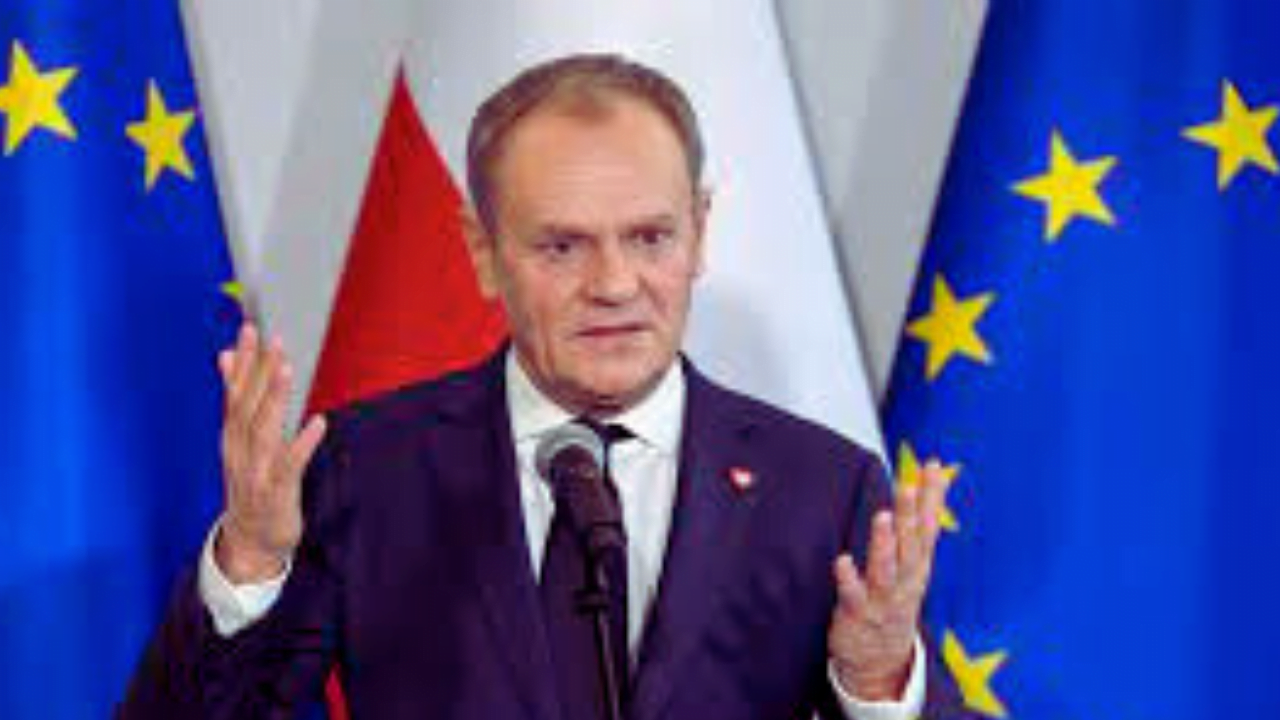After almost ten years away, former EU leader Donald Tusk made a dramatic comeback to Poland’s prime ministership on December 11, ushering in a new era after eight turbulent years of national conservative leadership.
After almost ten years, former EU head Donald Tusk made a historic vote on December 11 to become Poland’s prime minister again, signalling a change from the country’s eight years of turbulent national conservative government. With pledges to strengthen ties with European partners and restore democratic principles, Tusk’s leadership is anticipated to usher in a new, pro-European age.
Context and Overview of the Election
Two months earlier, a coalition had won the elections, which led to Tusk’s rise to power. Under Tusk’s direction, the coalition of left-wing to moderate conservative parties promised to work together to address issues related to democracy and fortify relationships with allies. The Law and Justice party’s eight years in power were criticised for undermining democratic values, especially in the media and court. This led to the need for an election.
Years of Mutations In the context of law and justice
Since taking office in 2015, Law and Justice has been under fire for extending its authority over the public sphere, courts, and judicial organisations. The party was charged by the EU and other Western partners with compromising judicial independence and utilising taxpayer-funded media as a political weapon. A record number of people turned out to vote in the elections, a reflection of the discontent among Polish citizens as a whole reflected in the shift in leadership.
Voting in Parliament and Handover of Powers
In the 460-seat lower house of parliament, Tusk was supported by a vote of 248 to 201. It is expected that under Tusk’s leadership, Poland’s relations with the EU would improve and democratic ideals will be restored, ushering in a new era. President Andrez Duda’s decision to postpone the transfer of power marks a turning moment for people who are ready for reform and a fresh dedication to democratic values.
Global Response and Anticipations
President of the European Commission Ursula von der Leyen expressed confidence in Tusk’s experience and dedication to European principles, and his return to power was greeted with joy in Brussels. At a time when Euroskeptics in other European countries are becoming more and more powerful, Tusk’s leadership is considered as essential to supporting moderate, pro-EU forces. The world is waiting to see what Tusk has on his agenda, particularly with regard to Poland’s place in EU negotiations and the current state of affairs in Ukraine.
Difficulties Ahead for Tusk’s Administration
Tusk’s administration is faced with obstacles despite the festivities, one of which is Russia’s conflict in Ukraine. Tusk will be present for an important EU summit in Brussels, where talks that will be key to Ukraine’s future are anticipated. Managing ties with Viktor Orban, the prime minister of Hungary and a staunch supporter of Russia in the EU, who opposes Ukraine’s EU membership and funding for the war-torn nation, presents additional challenges.
For More: News
- On December 11, who took over as prime minister of Poland again?
Ans. Donald Tusk took the helm of Polish politics once more.
Q2. When Tusk came back to power, what was his primary area of interest as a leader?
Ans. With an emphasis on reestablishing democratic norms and strengthening connections with European partners, Tusk’s leadership sought to usher in a new pro-European period.
Q3. What factors contributed to the coalition’s election success two months before Tusk’s comeback?
Ans. The eight years of the Law and Justice party’s reign and its claims of undermining democratic standards prompted the coalition’s win.
